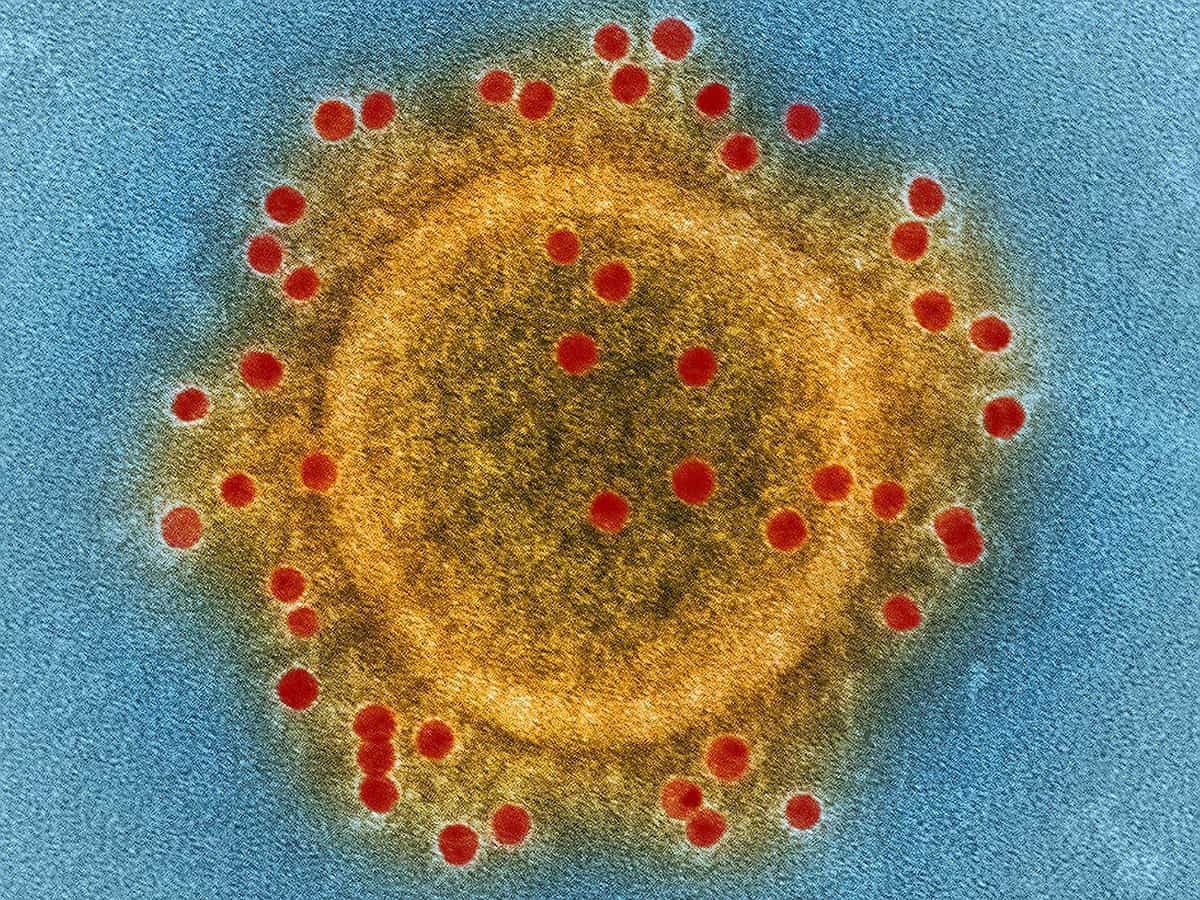WHO Detects Inaugural Case of Middle East Respiratory Syndrome Coronavirus (MERS-CoV) in 28-Year-Old Male from UAE
Bengaluru, NFAPost: In a recent development, the World Health Organization (WHO) has confirmed the first case of the Middle East Respiratory Syndrome Coronavirus (MERS-CoV) in the United Arab Emirates (UAE). The infected individual is a 28-year-old male resident of AI Ain City in Abu Dhabi. What sets this case apart is that the patient had no travel history and did not come into contact, either directly or indirectly, with dromedary camels, goats, or sheep.
MERS-CoV, which was first identified in Saudi Arabia in 2012, is classified as a zoonotic virus, capable of transmission between animals and humans. In particular, dromedary camels have been identified as a potential source of human infection in various regions across the Middle East, Africa, and South Asia. While human-to-human transmission is possible, it mainly occurs among close contacts and in healthcare settings, with limited transmission outside of these contexts.
Symptoms of MERS-CoV can vary from mild to severe, making accurate diagnosis challenging for cases with milder symptoms. The common indicators include fever, shortness of breath, cough, sore throat, muscle and stomach pain, vomiting, and diarrhoea. In severe cases, pneumonia, breathing failure, kidney damage, high fevers, and even death may occur, with symptoms typically manifesting 2 to 14 days after exposure.
Most of the documented cases of MERS-CoV transmission in humans have occurred in healthcare environments. However, researchers have also detected the virus in dromedary camels, suggesting they could play a role as a source of infection. At present, there is no specific cure or vaccine for MERS-CoV, but ongoing research aims to develop effective treatments and preventive measures.
Certain populations are at higher risk of MERS-CoV infection and complications, including older adults, individuals with pre-existing health conditions such as diabetes, chronic lung disease, kidney disease, and cancer, and those with weakened immune systems.
To diagnose an active MERS-CoV infection, doctors collect respiratory tract samples from individuals, which are then subjected to laboratory testing, including polymerase chain reaction tests for confirmation.
Preventing MERS-CoV infection involves following simple hygiene practices such as washing hands thoroughly with soap and water for at least 20 seconds, avoiding undercooked meats and unhygienically prepared food, and washing fruits and vegetables diligently. Anyone suspecting a MERS-CoV case should immediately report it to local health authorities. Wearing a medical mask, sneezing into tissues and disposing of them immediately, and minimizing close contact with individuals displaying acute respiratory illnesses and fever are also recommended preventive measures.
While the discovery of this first MERS-CoV case in the UAE is concerning, authorities are taking appropriate measures to contain its spread and protect public health. Vigilance, early reporting, and adherence to preventive guidelines remain critical in managing this infectious disease. As global health organizations continue to work on finding effective vaccines and treatments, healthcare professionals are focusing on providing supportive care to alleviate symptoms and reduce the risk of complications in affected patients.





